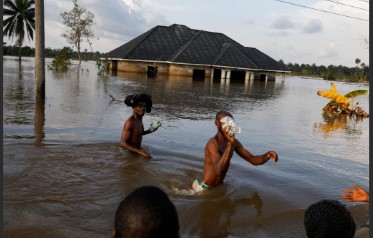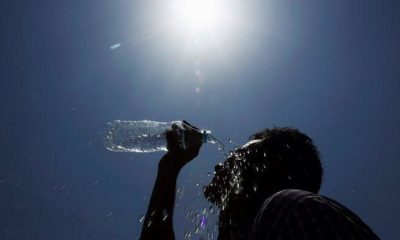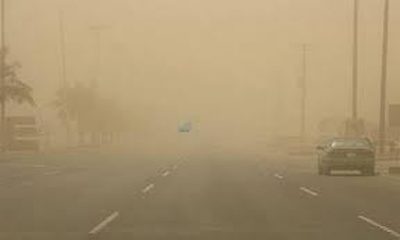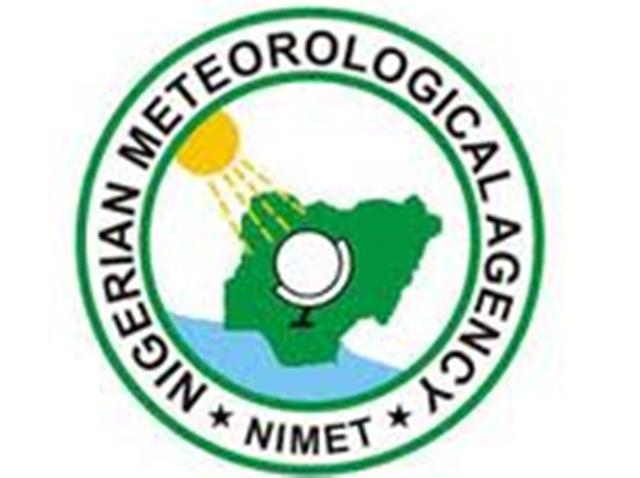The Nigerian Meteorological Agency (NiMet) has warned that the effect of the El Nino conditions associated with the current dry season will have impact on food production and health and disaster management.
This is contained in NiMet’s Dry Season Weather update by its Public Relations Unit on Friday in Abuja.
NiMet explained that the expected physical and biological changes in oceans in El Nino conditions would affect fish species, distribution, composition and abundance.
It added that fish species that thrived in deep tropical waters were predicted to move farther inwards, while cold water species would move into deeper water as coastal waters became shallow and warmer.
According to NiMet, fishes that remain in affected region are expected to experience reduced growth, reproduction, and survival thus leading to reduction in fish production and harvesting during the period under focus.
It added that fishermen were expected to have a harvest of good catches due to reduction in river volume and flow of the river.
NiMet also predicted that the pronounced cold and dry conditions in the North during November 2015 and February 2016 would impact positively on wheat production, vegetables and fruits.
It added that crop production through irrigated agriculture in the North was expected to boost food, fruit and vegetables production before the onset of rains in 2016.
According to NiMet, farmers in Sokoto, Kebbi, Zamfara, Katsina, Jigawa, Kano, Kaduna and Yobe states with adequate water storage facilities should expect bumper harvest of these crops through irrigated agriculture.
It predicted that cold weather conditions might cause serious outbreak of airborne diseases such as respiratory tract infection in small ruminant livestock which would pose serious health challenges to these livestock.
“Also, it is expected that there will be deficit or inadequate fodder (for feeding livestock) as the degree of dryness and increased frequency of bush burning will reduce their availability.
“This could result in increased southward migration of herdsmen, with prospects of further increase in associated conflicts,’’ NiMet predicted.
The agency said there would be reduced incidences of malaria in the North from November to April 2016 because of the low atmospheric moisture level (relative humidity) in the zone during the period.
It added that the Southern part of the country would witness incidences of malaria during the period because of increased mosquito bites as the conditions would be favourable for mosquitoes to breed.

 Business1 week ago
Business1 week ago
 Health7 days ago
Health7 days ago
 Latest1 week ago
Latest1 week ago
 Football1 week ago
Football1 week ago
 Latest1 week ago
Latest1 week ago
 Crime7 days ago
Crime7 days ago
 Education5 days ago
Education5 days ago
 Latest1 week ago
Latest1 week ago











